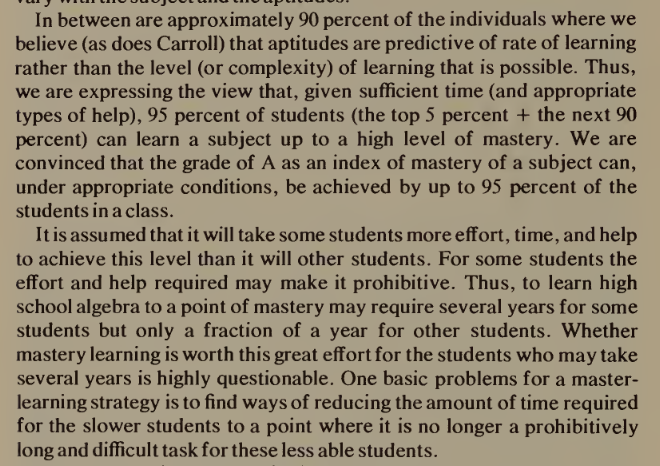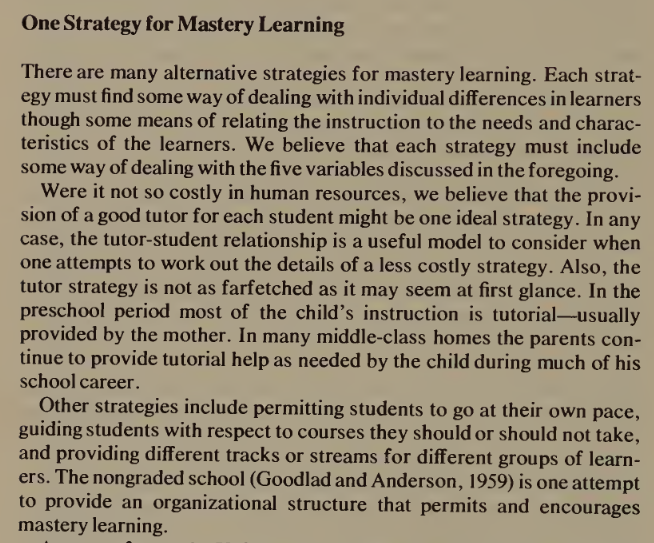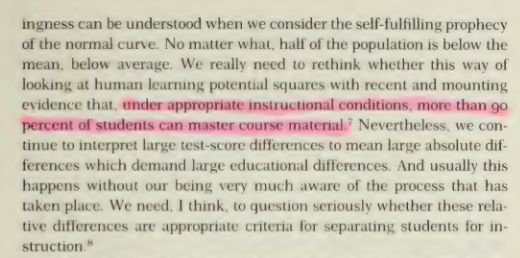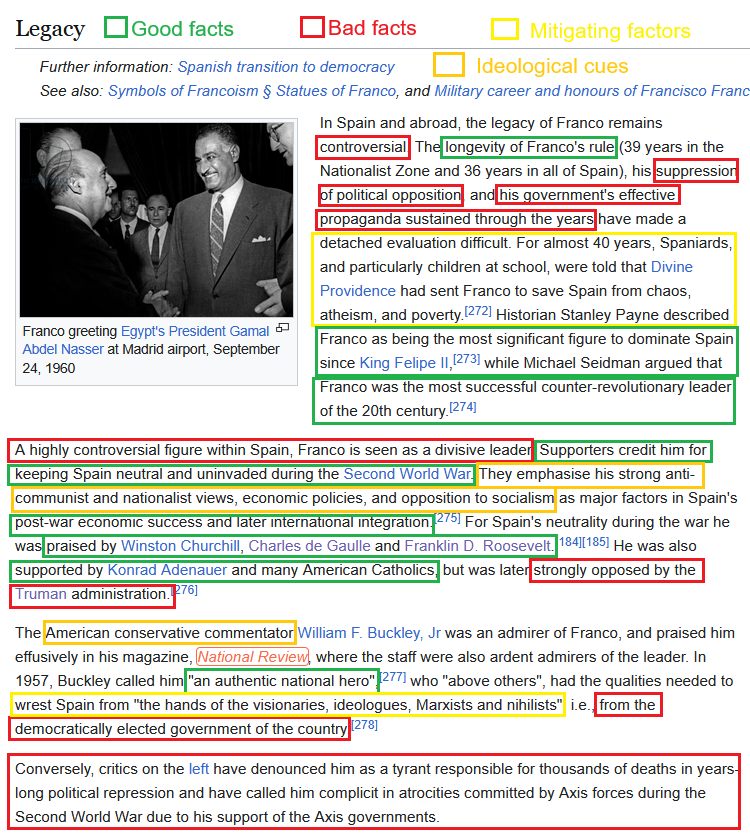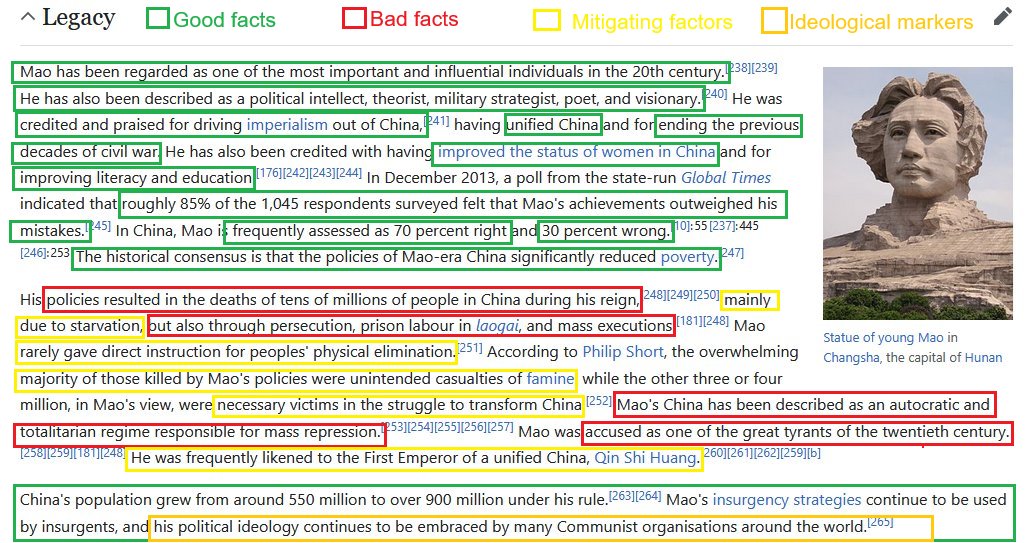Now that I've read all thousand-plus pages of arbitration documents rather than relying on headlines, I have my own apology to post:
I screwed. Twice actually. First I nodded along to @bryan_johnson's account of his experience based on my own prejudices. This was foolish of me and I regret it. Then I laughed along with him and millions of others when he tried to push people into denying events that actually happened, because I didn't like the people who were speaking against him and wanted to see them taken down a peg.
Because truth matters, and because I was so wrong, here is the truth:
Bryan Johnson did indeed win in court against his ex-fiancé after kicking her out of their house while she was in chemotherapy for stage 3 breast cancer. He did nothing illegal by convincing her to halve her salary and work for him while they were dating. It was all perfectly within the letter of the law when he tried, and failed, to get her to sign a cohabitation agreement saying she could say nothing negative about him without facing severe penalties. There was nothing against the law in sleeping around while promising her he'd be monogamous, and if her allegation that he brought a prostitute into their bed while she was there one night is accurate, well, that's not illegal either.
Nothing about their breakup was illegal. It was not illegal, a few months after her breast cancer diagnosis and, yes, after he hurt his hand—a factor he says, like the breast cancer, contributed to the decline of their relationship—and shortly after a chemotherapy treatment, to decide his fiancé was a net negative and ask her to leave their shared house because it would be too inconvenient for him to move out. It was not illegal—it was prudent, even—for him to first verbally promise to help with her expenses after forcing her to move out, then condition that help on a wildly restrictive separation agreement with penalties of $500,000 if she said anything negative about him.
And when she refused to sign that agreement and made a counteroffer, it was not illegal for him to rescind his permission for the lawyers she'd been relying on to keep representing her. Nor was it illegal for him to fire her, to threaten to take away her stock options, to threaten to come after her for back rent on their shared home after their breakup, to refuse to speak to her except via lawyers, or to try to get her to post a lie on social media about having had an amicable and mutual breakup.
It certainly wasn't illegal when he strung her along for a few months before using high-pressure sales tactics to convince her to sign another separation agreement for $1000 cash and the retention of her stock options. And having sex with her and showing pictures of his children to remind her of the good times a couple of days before she signed that agreement? Why, that's just prudent business. There's certainly nothing illegal about spending 600 times the amount she kept from that agreement in court to ensure he wouldn't have to give her another cent.
It must burn, Bryan, to have all those court documents available. It must burn to have so betrayed the person closest to you that she was willing to go $600,000 into the hole just to put on record for the world to see all the information you so badly wanted to keep private. It must hurt to know anyone who wants can read her earnest, heartfelt deposition next to your own maximally evasive one, and to realize that anyone who reads those two depositions alone will understand the reality of your relationships and your life.
Oh, sure, I imagine it's fun to watch people who don't know the story nod along, not knowing the only reason you won in arbitration is that the arbitrator treated it as a workplace dispute and concluded that the separation agreement you pressured someone you once loved into signing was not technically invalid, that even if you did do every single thing she alleged, none of it was technically illegal. But it must sting, yes? To know that people can know the truth?
Look, I'm not Mormon any more, and neither are you. You're more successful than I'll ever be by most metrics. But, you know, they still have some good advice sometimes. What was it Mormon leaders like to say? "No other success can compensate for failure in the home."
Enjoy your court victory, and rest assured that you have proven to all the world that there is nothing illegal about kicking your fiancé out of your house shortly after her chemotherapy for stage 3 breast cancer.
Thank goodness we don't need to be fooled by tabloid headlines anymore.
I screwed. Twice actually. First I nodded along to @bryan_johnson's account of his experience based on my own prejudices. This was foolish of me and I regret it. Then I laughed along with him and millions of others when he tried to push people into denying events that actually happened, because I didn't like the people who were speaking against him and wanted to see them taken down a peg.
Because truth matters, and because I was so wrong, here is the truth:
Bryan Johnson did indeed win in court against his ex-fiancé after kicking her out of their house while she was in chemotherapy for stage 3 breast cancer. He did nothing illegal by convincing her to halve her salary and work for him while they were dating. It was all perfectly within the letter of the law when he tried, and failed, to get her to sign a cohabitation agreement saying she could say nothing negative about him without facing severe penalties. There was nothing against the law in sleeping around while promising her he'd be monogamous, and if her allegation that he brought a prostitute into their bed while she was there one night is accurate, well, that's not illegal either.
Nothing about their breakup was illegal. It was not illegal, a few months after her breast cancer diagnosis and, yes, after he hurt his hand—a factor he says, like the breast cancer, contributed to the decline of their relationship—and shortly after a chemotherapy treatment, to decide his fiancé was a net negative and ask her to leave their shared house because it would be too inconvenient for him to move out. It was not illegal—it was prudent, even—for him to first verbally promise to help with her expenses after forcing her to move out, then condition that help on a wildly restrictive separation agreement with penalties of $500,000 if she said anything negative about him.
And when she refused to sign that agreement and made a counteroffer, it was not illegal for him to rescind his permission for the lawyers she'd been relying on to keep representing her. Nor was it illegal for him to fire her, to threaten to take away her stock options, to threaten to come after her for back rent on their shared home after their breakup, to refuse to speak to her except via lawyers, or to try to get her to post a lie on social media about having had an amicable and mutual breakup.
It certainly wasn't illegal when he strung her along for a few months before using high-pressure sales tactics to convince her to sign another separation agreement for $1000 cash and the retention of her stock options. And having sex with her and showing pictures of his children to remind her of the good times a couple of days before she signed that agreement? Why, that's just prudent business. There's certainly nothing illegal about spending 600 times the amount she kept from that agreement in court to ensure he wouldn't have to give her another cent.
It must burn, Bryan, to have all those court documents available. It must burn to have so betrayed the person closest to you that she was willing to go $600,000 into the hole just to put on record for the world to see all the information you so badly wanted to keep private. It must hurt to know anyone who wants can read her earnest, heartfelt deposition next to your own maximally evasive one, and to realize that anyone who reads those two depositions alone will understand the reality of your relationships and your life.
Oh, sure, I imagine it's fun to watch people who don't know the story nod along, not knowing the only reason you won in arbitration is that the arbitrator treated it as a workplace dispute and concluded that the separation agreement you pressured someone you once loved into signing was not technically invalid, that even if you did do every single thing she alleged, none of it was technically illegal. But it must sting, yes? To know that people can know the truth?
Look, I'm not Mormon any more, and neither are you. You're more successful than I'll ever be by most metrics. But, you know, they still have some good advice sometimes. What was it Mormon leaders like to say? "No other success can compensate for failure in the home."
Enjoy your court victory, and rest assured that you have proven to all the world that there is nothing illegal about kicking your fiancé out of your house shortly after her chemotherapy for stage 3 breast cancer.
Thank goodness we don't need to be fooled by tabloid headlines anymore.
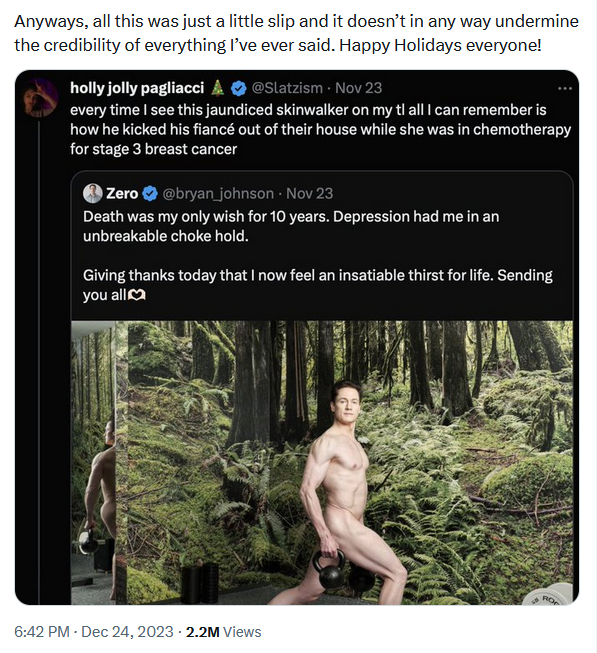
@bryan_johnson Oh, and I should also apologize directly to @slatzism who, while she is wrong about plenty of other things, seems to have been dead-on in her read of Bryan Johnson.
If anyone wants to read Bryan's own account of the breakup, here's his deposition.
https://x.com/raspy_aspie/status/1743792040893169949?s=20
Credit goes to @raspy_aspie for hiring me to look into this story and providing many of the court documents. I knew nothing of his opinion before diving in—as always, people are welcome to ask me to look into things but my opinions are now and will always be my own.
I’m working on my own article on this topic, but in the meantime, this from @racheld is thoroughly researched and was an invaluable resource in realizing there was more to the story than Bryan Johnson was letting on.
https://x.com/racheld/status/1743981673773941173
For court documents and a timeline of events with full documentation, see the linked thread.
Johnson claims Southern fabricated a great deal. I submit the public record in response. Judge for yourself.
Johnson claims Southern fabricated a great deal. I submit the public record in response. Judge for yourself.
https://x.com/tracewoodgrains/status/1744267519106388038?s=20
Johnson claims the court proceedings vindicate him. This is true only in the strictest legal sense, and he cites them misleadingly. For a deep dive into precisely what was in the legal proceedings and what the ruling hinged on, see the below thread.
https://x.com/tracewoodgrains/status/1744501566973907244?s=20
• • •
Missing some Tweet in this thread? You can try to
force a refresh






